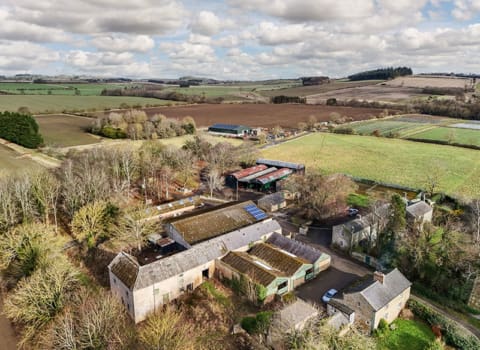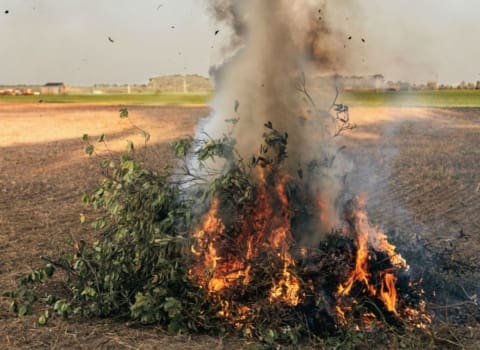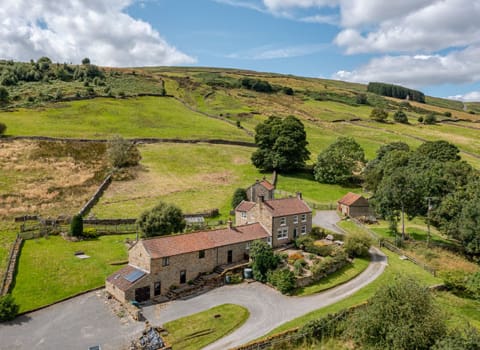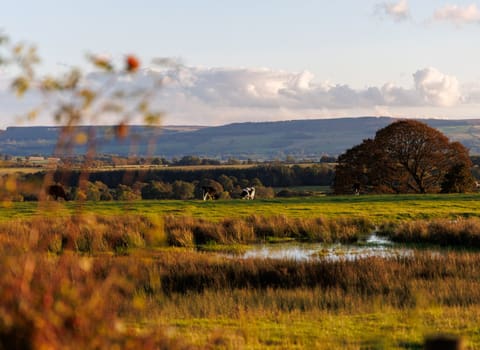Contact our offices
Main office
COLBURN
5 & 6 BAILEY COURT
COLBURN BUSINESS PARK
RICHMOND
NORTH YORKSHIRE
DL9 4QL
Estate Agency Offices are located in
BARNARD CASTLE, BOROUGHBRIDGE & RICHMOND
Residential Management Team
Our Offices
- Alnwick
01665 568310
Email Officealnwick@gscgrays.co.uk - Barnard Castle
01833 637000
Email Officebarnardcastle@gscgrays.co.uk - Boroughbridge
01423 590500
Email Officeboroughbridge@gscgrays.co.uk - Chester-Le-Street
0191 3039540
Email Officechester-le-street@gscgrays.co.uk - Colburn
01748 897630
Email Officecolburn@gscgrays.co.uk - Driffield
01377 337180
Email Officedriffield@gscgrays.co.uk - Hamsterley
01388 487000
Email Officehamsterley@gscgrays.co.uk - Hexham
01434 611565
Email Officehexham@gscgrays.co.uk - Kirkby Lonsdale
01524 880320
Email Officekirkbylonsdale@gscgrays.co.uk - Penrith
01768 597005
Email Officepenrith@gscgrays.co.uk

At what point will the value of productive farmland be worth more for eco system services than it currently is for food production?
Natural England has recently sold “credits” to unlock new housing in the River Tees catchment area. The 400 credits were offered for sale and will be followed by further opportunities later this year to acquire more. GSC Grays understands that these will also be limited to 400 units in each round of sales. As such, they will not satisfy the requirements across the catchment by any stretch of the imagination, but it does provide a figure around which others are likely to work.
The purpose of these credits is to allow housebuilders to offset the impact of nitrates generated by development within the River Tees catchment. Agriculture is one of the biggest contributors to nitrate pollution of rivers and watercourses in the UK. One means of mitigation is therefore taking land out of agricultural production to reduce nitrate run-off. Based on the price of the Natural England credits at £1,825 each, this broadly equates to the freehold agricultural value of the land.
As yet there is little indication that open market trading is taking place between landowners and developers. Builder and developer responses to opportunities offered through GSC Grays have been enthusiastic but have not yet resulted in any offers.
Where there is more evidence of transactions is in relation to Bio-Diversity Net Gain. From November development has to generate a 10% gain in the baseline bio-diversity of the site being built upon. This can be achieved on site or within the owner’s landholding elsewhere in some instances. Where this is not possible, mitigation has to be off-site. There is now evidence coming forward of reasonable premiums being paid for land which is to be used for the creation of habitats to provide off-site mitigation. It remains to be seen whether these premiums will continue as supply starts to match demand however that is likely to be some way off.
We are entering into an interesting period where the value of ecosystem services has the potential to outstrip that from farming based on the early transactional evidence seen so far. There has been a lot of time spent discussing the potential of ecosystem services to introduce new income streams but as with any emerging markets, there remains uncertainty and some significant risks.
So, are we at the point in time where the value of ecosystem services outstrips farming? In some limited instances, yes but in an embryonic market, this is not something sellers ought to rely upon. It is however a market to watch closely over the coming months and years and sellers who can retain flexibility and respond quickly to local demand could well see higher values being achieved.










